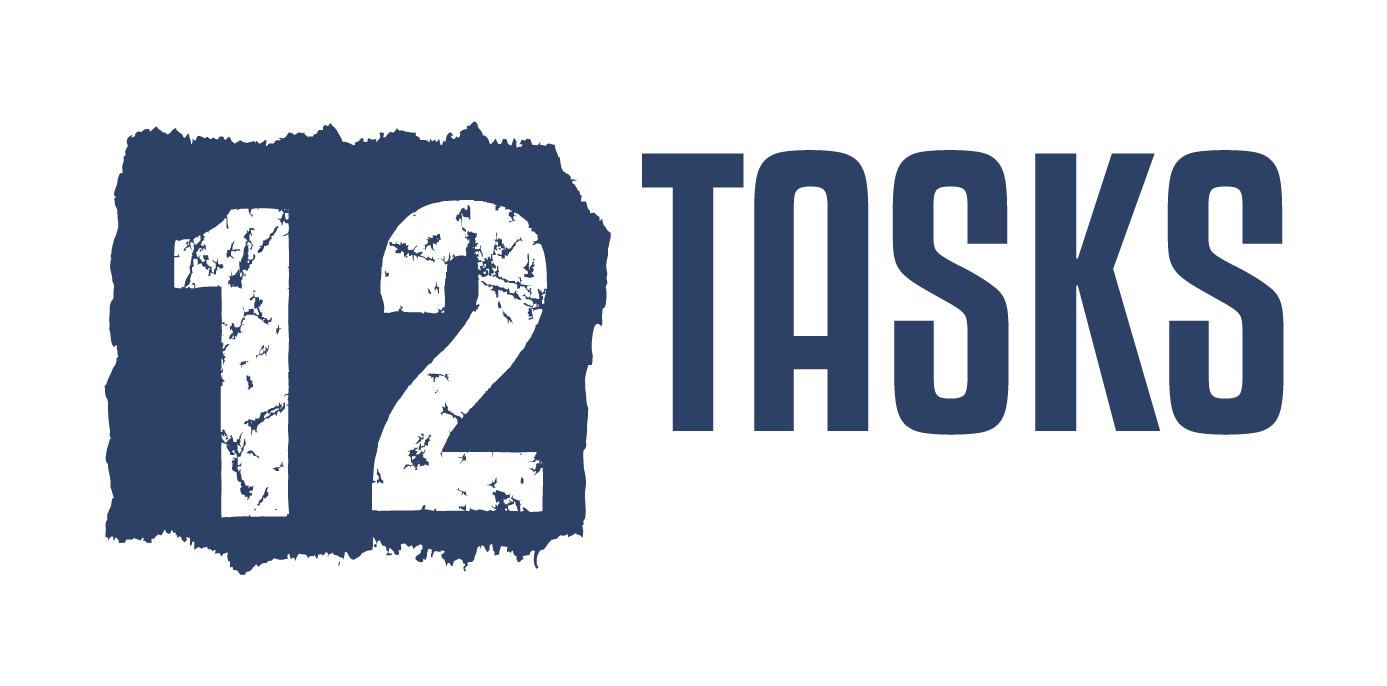A lot of things can happen in the course of a year. Both for you and for your son or daughter. You can do your best to lay out a strategic plan for the 12 Tasks with one task a month or with a series of progressive challenges carefully spaced out. Then, something unexpected happens. Think Covid, an injury, an illness, a move, a job loss, a change of location, a relationship breakdown.
We weren’t quite through our list of 12 Tasks with our son Richard when we had to relocate from Kenya, Africa to Vancouver, Canada. Fortunately, most of our tasks were done but there was still a lot of change in that time which had to be worked through. Making a choice to follow through when the emotional commitment or personal motivation is compromised can test your best hopes for successful completion of these rites of passage.
Tim Elmore, in a May 7, 2020 Facebook blog called How to Turn a Setback into a Comeback, tells the story of Gene Tunney who defeated seven time world champ Jack Dempsey for the heavyweight boxing title. During his military service Gene Tunney broke the fingers in both hands and was told he would never box again.
Despite the limitations predicted by his doctor and trainer, Gene decided to press on and upped his game to wanting to be the champion of the world. He learned the art of self-defence and used a different part of his hand to strike with. He learned to run backward to avoid the attack of his opponent. When he finally got his opportunity he won so clearly that Jack Dempsey challenged him to a rematch which he also won.
In retrospect, boxing experts say that there was no way Gene Tunney could have won if he hadn’t broken his fingers. The setback was the channel to eventual success against impossible odds. Tim Elmore lists three lessons for us to remember when facing setbacks.
- Continue to push forward toward the original goal. In our case, the completion of the 12 Tasks.
- Adapt how you complete your mission by changing the methods you have been using.
- Use the problem that has set you back as a motivation and channel to press ahead.
My son Richard had worked with his son Jordan on a task to climb a significant peak in North America. Covid arrived and stopped the chance for travel to their chosen destination. At the same time, their adoption of a daughter in Rwanda, was ratified and Jordan switched up his tasks. He rode over 200 km in a bike ride for a charity and he documented the entire adoption process and trip to Rwanda in a printed book.
Flexibility is one key character trait to make use of in this 12 Tasks challenge. Understanding the depth and breadth of your child’s interests and abilities will also allow you to adjust the focus of the target you set out.
Involve your child in an honest conversation when things don’t progress as planned. Use this as a way to work things out together to make new choices. Deal with emotions openly and honestly. Work to keep the momentum and focus on the end goal. Focus on the successes so far.
If you get stuck reach out to others for new thoughts and ideas. Show your son or daughter that challenges are a part of life and that with the right support you can press on and succeed.

